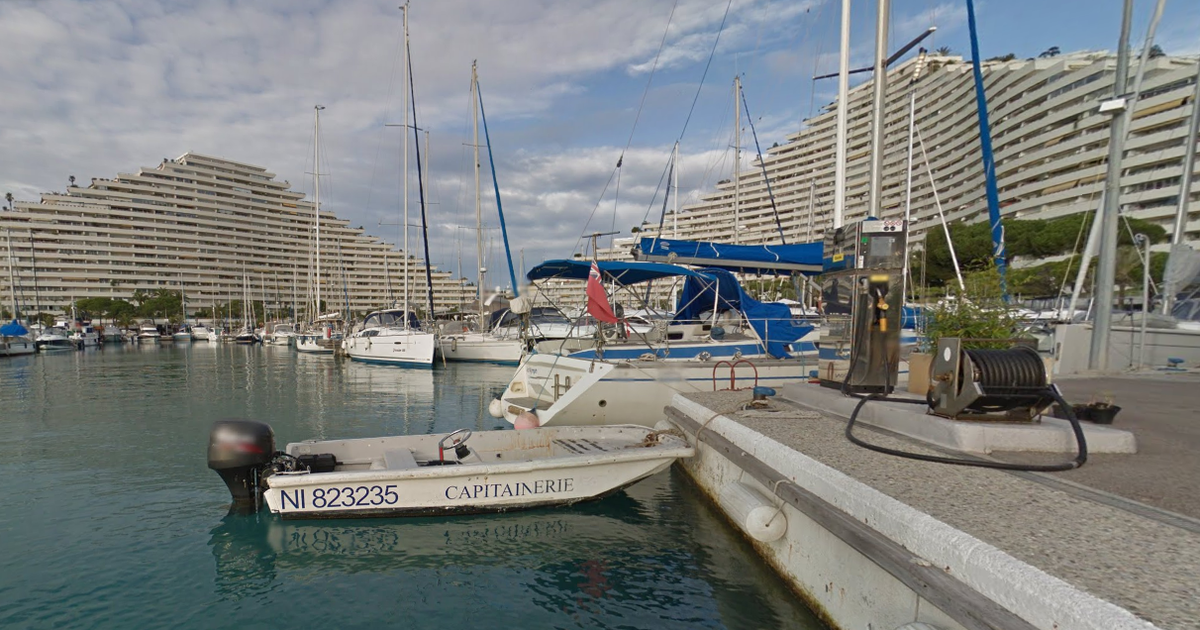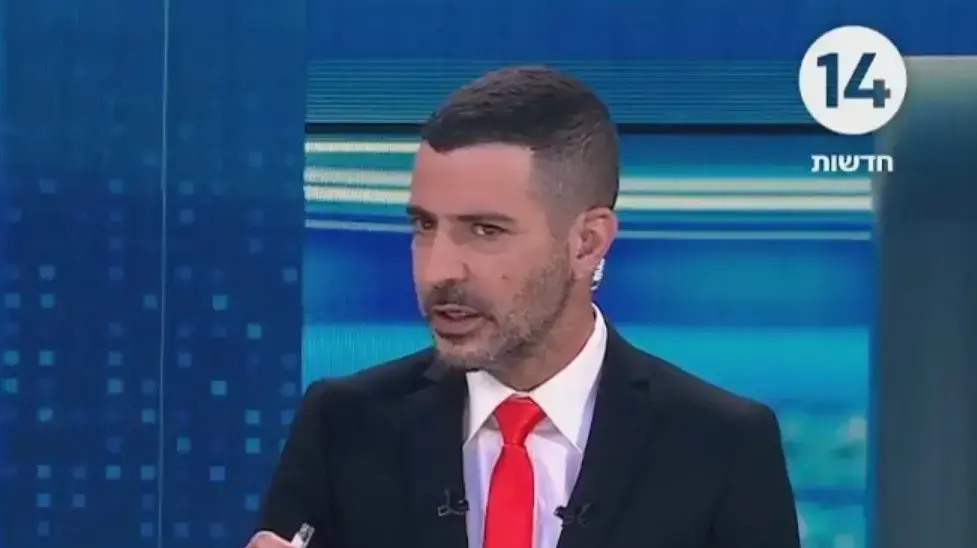If life, as they say, runs in circles, the vital circumference of the Polish mountaineer Maciej Berbeka was designed by a mountain: the Broad Peak (8,047 meters).
The grandiloquent history of mountaineering hides anonymous sublime stories where glory, shame, pain and passion are mixed in such a romantic way that, at times, they generate films as simple and remarkable as the one recently released by Netflix under the title
Broad Peak
, directed by Leszek Dawid and Maciej Berbeka's life as an excuse.
It is curious that such an elegant and revealing work of the internal earthquakes generated by love for the peaks coexists on the same platform with the documentary by Nirmal Purja (
The 14 eight
-thousanders ), a decaffeinated ode to the ego and the consumption of a certain ¿mountaineering? ?.
In 1988, Polish himalayism lived unbridled years: locked up at home by their regime, when they finally managed to open the doors and discover the Himalayas, all its great peaks had been climbed, so the Polish mountaineers decided to climb them again, but in winter , a remarkable twist.
After claiming nearly all of Nepal's eight
-thousanders in the coldest season
, they turned voraciously toward the five located in Pakistan's Karakoram.
They started with K2, but it was too much (bear in mind that the first winter to K2 would arrive in 2021), and when a failure in the second highest mountain in the globe was suspected, Maciej Berbeka and Aleksander Lwow asked permission to try the neighbor Broad Peak with the clothes on.
Portrait of Maciek Berbeka in 2013.
In the middle of winter, with a backpack for each head, without fixed ropes, or Sherpas, or bottled oxygen, or anything else but their will, they launched themselves up the slope in impeccable, brave, naked style.
So much exposure was too much for Lwow, who preferred to abort the ascent.
Berbeka found no reason to give up, reached the pass that separates the central peak from the real one and continued climbing, despite the wind and the inhuman cold, without seeing almost anything.
Suddenly the ground lost its slope: he had to be at the top.
This was announced to his companions through the radio: they congratulated him and implored him to descend immediately.
His life depended on it.
(Warning:
spoilers.
Readers who don't want to know the outcome of the story should stop reading at this point.)
In the base camp they knew that the ascent times did not correspond to the length and difficulty of the terrain: Berbeka was not at the top, but rather at the bottom, 17 meters of unevenness below, but an hour's walk to the highest point .
But they chose to lie to him, knowing that he would try to reach the top, even if he lost his life trying.
Berbeka spent two nights in a hole in the snow and descended the last ones thanks to his determination and experience and the help of his companions, who couldn't look him in the face and recognize that they had lied to him.
When the truth came out three months later, Berbeka thought she was going crazy.
At that time, he was one of the great stars of Polish himalayism with two first winters at
eight thousand
: the Manaslu in 1984 (with Ryszard Gajewski) and the Cho Oyu in 1985 (with Maciej Pawlikowski).
He had nothing to prove, except that he was not a liar, nor a fraud.
But his reputation, in his eyes, was tarnished, a stain that would haunt him for life and keep him from the Polish national expeditions.
Nothing kept him from the mountain, however: he would climb Everest and Annapurna and try to conquer Nanga Parbat in winter until, in the early 1990s, he retired from the international scene to focus on his work as a guide high mountain.
In 2010, the fervor to conquer new
eight thousand
in winter: there are only five left in Karakoram (Pakistan) and then the Winter Polish Himalaya is created, a team that wants to mix young talents like Adam Bielecki with legends like Berbeka or Wielecki.
Suddenly, in 2013, Berbeka is presented with a unique opportunity to return to Broad Peak.
He is 59 years old and 25 years have passed since he mistook summit for antecedent.
25 years chewing on a discomfort, a feeling of shame as unfair as it is irrational.
He believes the time has come to close a circle around Broad Peak.
A circle that has been a rope that suffocated him at night.
On March 5, 2013, four Polish climbers take turns reaching the top of Broad Peak, this time unequivocally: no one had ever done it before.
Only two survived.
That night, Adam Bielecki and Artur Malek waited desperately for Maciej Berbeka and Tomasz Kowalski to return to the tent of the last high ground.
The news was a real shock in a country accustomed to venerating its heroes.
It also led to a bitter controversy: shouldn't the four climbers have gone hand in hand?
don't they wait for each other?
Why didn't they abort when they knew they would reach the top almost overnight?
The questions especially singled out young Bielecki, the fastest to climb and return to the tent from the last high ground:
“Who am I to tell a mountaineering legend what to do?
I think no one would have prevented Maciej from reaching the summit”, he confessed to this newspaper in an interview in 2014.
That day, the four climbers disregarded the advice dictated from the base camp by the no less legendary Krzysztof Wielicki.
They were moving too slowly.
So they decided to unrope and search for the top separately.
With the summit in his pocket, Bielecki crossed paths with his three companions: “I thought of dissuading them, telling them that they had to go down with me, but I didn't and now I regret it.
I remember turning around and seeing them very close to the top;
I looked at the sun and saw that it was setting and I thought that we were up to our necks in shit and that we were going to go down at night, so we better all go down with the top because a few minutes more or less were not going to alter our reality.
The best thing would have been to convince them, but I didn't think about it.
I still don't know if I have the right to force someone to quit on their way to a top.
Four months later they would find the body of Tomasz Kowalski near the pass, at an altitude of 7,900 meters.
Maciej Berbeka's is believed to be at the bottom of a nearby crevasse, very close to the dark thoughts that kept him anchored to Broad Peak for 25 years.
You can follow EL PAÍS Deportes on
and
, or sign up here to receive
our weekly newsletter
.
Subscribe to continue reading
read without limits
Keep reading
I'm already a subscriber







/cloudfront-eu-central-1.images.arcpublishing.com/prisa/XRJ5S7YZJBH7DHXLTF7UYFTVBY.jpg)

